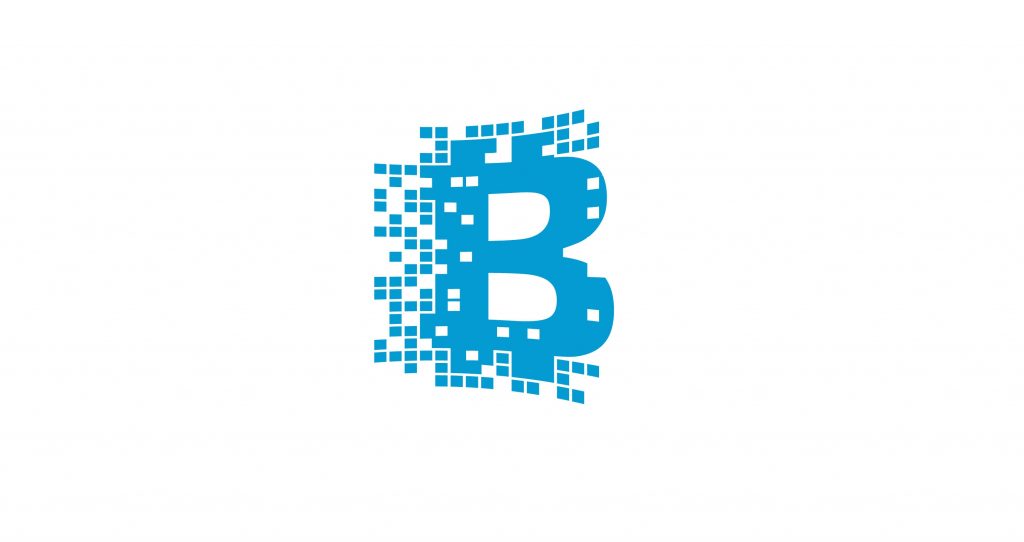November 1, 2018 – It’s a bizarre thought but the way blockchain works could end up heating the planet faster if there is wholesale adoption across a wide range of industrial and government sectors. Why is the adoption of a universal ledger seen as a potential threat to the efforts to keep mean global temperatures below 1.5 Celsius (2.4 Fahrenheit)? Because of the way blockchain technology works.
The promise of blockchain has led to many academics, business people, and governments singing its praises. Almost every major technology company has a blockchain initiative on the go. Similarly, banks and many key industries have launched blockchain trials. The reason why is that the application of the blockchain for record keeping has significant advantages. An open, distributed ledger which records transactions between various parties in transparent and yet secure fashion is highly desirable.
Blockchains feature shared databases that are tamper proof and protected from potential deletion. Every transaction, task, and record submitted to the blockchain’s open ledger is stored on multiple servers across the Internet. Blockchain uses peer-to-peer networking and distributes exact copies of a single transaction both at the source and to all participants.
So whether it’s being used for bitcoin and other cryptocurrency purchases, e-mail transmission, stock trade, registration of property deeds and land transfers, or any other business or personal transaction, the blockchain replicates all of these in identical databases each hosted by those who are party to each action. If a change occurs in any single document on a participant’s database, it instantly is reflected on all the other databases.
For record keeping such powerful transparency is seen as a great bookkeeping leap forward. But wholesale adoption of blockchain technology will require significant increases in computer and energy usage.
That’s where blockchain runs smack dab into our efforts to combat global warming. The more we adopt blockchain technology the more electricity demand. The more electricity we need the more we will seek energy sources to produce it. Unless we tie blockchain adoption to renewable energy growth, the universal ledger may prove to be a showstopper in the battle to reduce carbon emissions since the bulk of power generation still involves the burning of fossil fuels.
For cryptocurrencies like bitcoin, which is where blockchain technology was first conceived as the back end regulatory process for managing production and trades, to mine and process coinage units has proven to be energy intensive. Every new bitcoin produced requires the use of high-powered computers solving complex mathematical equations. If cryptocurrencies continue to grow, these digital currencies could singlehandedly be an impediment to achieving the goal of keeping global mean temperatures from rising above the 1.5 Celsius target set as the more desirable upper limit for atmospheric warming.
Some advocates of the blockchain argue that it could help us to solve the global warming challenge by accelerating the flow of ideas, by sharing best practices, or by becoming the global ledger for carbon pricing and trading, for openly shared emission tracking as well as reporting on all types of climate initiatives. The site Blockchain for Climate sees the technology becoming the reporting tool for all the countries of the world in managing the programs and goals of the Paris Climate Agreement of 2015. Blockchain technology would serve as the repository for the world’s carbon markets. It would be used to calculate, track, and trade carbon emissions. It would be the single verifiable source of all reporting on emission reductions. And it would be a repository of best practices, tools, and expertise in addressing climate change.
There is no doubt that the distributed nature of the blockchain universal ledger makes it highly attractive in tackling climate change, but not if its usage creates significant increases in energy demand leading to more and not fewer carbon emissions.

















